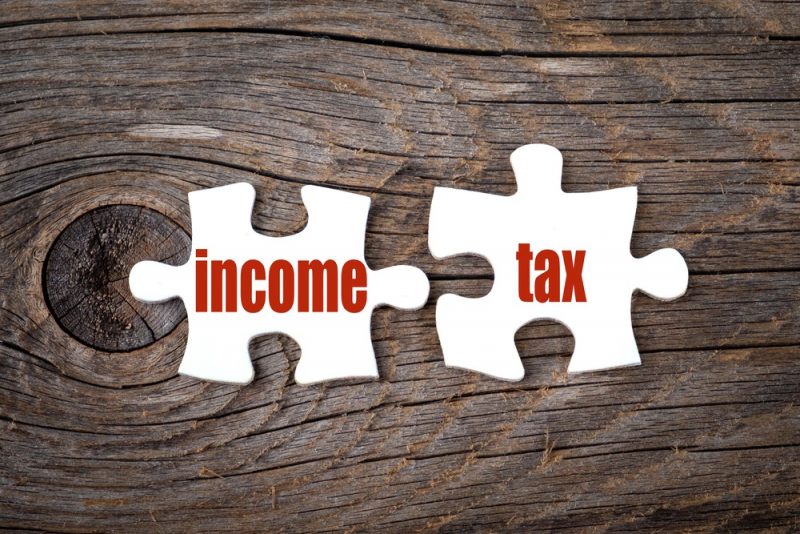There was confusion among investors on whether they should say bye to tax-saving instruments such as Equity Linked Mutual Funds (ELSS) and other Section 80C deductions post the Union Budget 2020.
The Finance Minister proposed to introduce an optional new simplified personal income tax regime wherein taxpayers will be allowed to bring down their taxes by letting go of certain exemptions and deductions.
Much to the surprise, mutual fund experts and advisors have held their ground stating that it’s too early to decide the fate of ELSS funds despite the setback.
As per the new tax regime, taxpayers with income between the range of Rs 5 lakh and Rs 7.5 lakh will have to pay a tax of only 10% when compared to the current tax rate of 20%. Also, for individuals with an income ranging from Rs 7.5 lakh to Rs 10 lakh will be required to pay a reduced rate of 15% when compared to the current 20%.
In the same line, individuals with income between Rs 10 lakh and Rs 12.5 lakh who opt for the new tax regime will have to pay a reduced tax rate of 20% when compared to the present rate of 30%. Similarly, taxpayers with income ranging from Rs 12.5 lakh to Rs 15 lakh will have to pay 25% against the current 30%.
Also Read: Will ELSS Lose Its Charm Under the New Tax Regime?
While no tax rate changes have been made for taxpayers with income up to Rs 5 lakh and for those with income above Rs 15 lakh, mutual fund advisors believe that the new regime doesn’t need to benefit everybody in the same way.
The applicable tax rate for taxpayers with an income above Rs 15 lakh has not been changed and remains the same at 30%. Hence, taxpayers with housing loans, education loans, other instruments which help in saving on taxes need not necessarily benefit from the new regime.
While mutual fund experts expect ELSS schemes to lose some appeal among the taxpayers, it is advised not to jump the gun as time alone can determine the fate of these tax-saving schemes.
The old tax regime works better for taxpayers with investments and loans, which require a lot of paperwork at the time of declaration. The new tax regime, on the other hand, is a viable option for individuals who prefer comfort over saving on taxes. It all depends on the taxpayer’s perspective.
For any clarifications/feedback on the topic, please contact the writer at viswanathan.v@cleartax.in.

Abbreviation is the name of the game – SIP, NPS, ELSS, KTM, and OMR.
Vishnu is the cat that got too curious. He can normally be found staring at market charts or drooling over his Real Madrid curios.
Favourite quote: ” Madrid, Madrid, Madrid ¡Hala Madrid! Y nada más”





